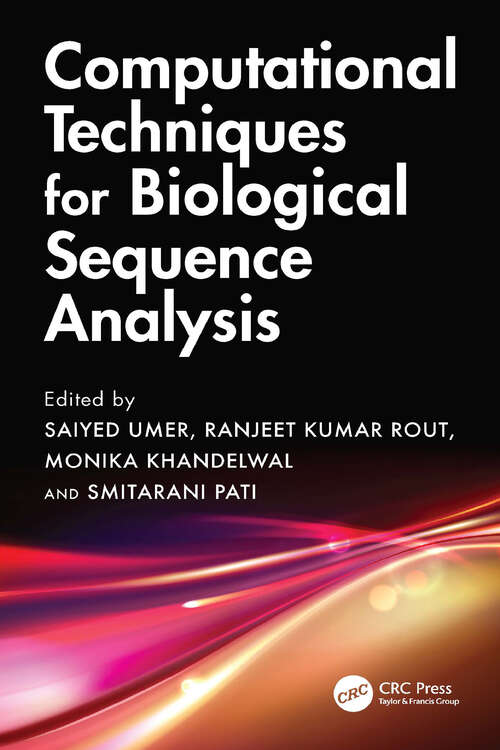
Computational Techniques for Biological Sequence Analysis
Computers and internet, Science and technology
Synthetic audio, Automated braille
Summary
This book provides an overview of basic and advanced computational techniques for analyzing and understanding protein, RNA, and DNA sequences. It covers effective computing techniques for DNA and protein classifications, evolutionary and sequence information analysis, evolutionary algorithms, and ensemble algorithms.… Furthermore, the book reviews the role of machine learning techniques, artificial intelligence, ensemble learning, and sequence-based features in predicting post-translational modifications in proteins, DNA methylation, and mRNA methylation, along with their functional implications. The book also discusses the prediction of protein–protein and protein–DNA interactions, protein structure, and function using computational methods. It also presents techniques for quantitative analysis of protein–DNA interactions and protein methylation and their involvement in gene regulation. Additionally, the use of nature-inspired algorithms to gain insights into gene regulatory mechanisms and metabolic pathways in human diseases is explored. This book acts as a useful reference for bioinformaticians and computational biologists working in the fields of molecular biology, genomics, and bioinformatics.Key Features: Reviews machine learning techniques for DNA sequence classification and protein structure prediction Discusses genetic algorithms for analyzing multiple sequence alignments and predicting protein–protein interaction sites Explores computational methods for quantitative analysis of protein–DNA interactions Examine the role of nature-inspired algorithms in understanding the gene regulation and metabolic pathways Covers evolutionary algorithms and sequence-based features in predicting post-translational modifications